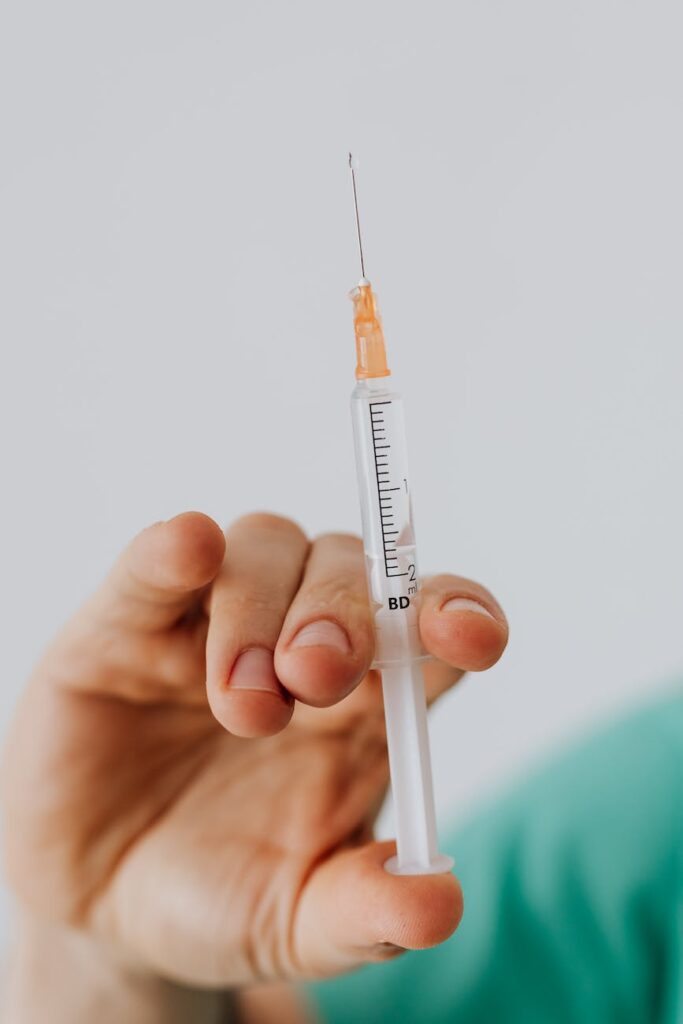
Introduction
Millions of people around the world are living longer and healthier lives thanks to vaccines and immunizations. Vaccines are one of the most important medical advances in history, with some dating back as far as 1798. Say’s Dr Louis Hampers, these biological preparations help our bodies develop immunity against diseases like measles, chicken pox and polio.
Vaccines have been a cornerstone of public health for over a century.
Vaccines have been a cornerstone of public health for over a century. In the mid-19th century, vaccines were first used to prevent smallpox. Since then, they have been used to prevent many other diseases including polio, measles, rubella and diphtheria.
Today’s vaccines offer protection against 14 different diseases in children: diphtheria; tetanus; pertussis (whooping cough); polio; Haemophilus influenzae type b (Hib); hepatitis A; hepatitis B; human papillomavirus (HPV); rotavirus gastroenteritis; influenza (flu) seasonal strains A & B plus 2009 H1N1 pandemic flu strain if available annually during the flu season* ; pneumococcal conjugate vaccine PCV13 – given at 2 months old plus one year old only if not given at 2 months old due to risk of febrile seizures ** ; measles mumps rubella MMRV*** / *** varicella zoster chicken pox VAR**** / ****
A vaccine is a biological preparation that improves immunity to a particular disease.
A vaccine is a biological preparation that improves immunity to a particular disease. It contains an agent that resembles a disease-causing microorganism, and is often made from weakened or killed forms of the microorganism. The agent stimulates the body’s immune system to recognize the pathogen and produce antibodies against it. Vaccines can be prophylactic (often called immunizations), active or passive:
Immunization prevents disease from occurring, but it is not the only way to fight illness.
Vaccines are not the only way to fight illness.
While vaccines are a great way to prevent disease, they aren’t your only option. Other ways you can help keep your child healthy include washing your hands and avoiding contact with people who are ill.
When it comes down to it, there’s no better way to protect yourself and your family than by getting vaccinated against vaccine-preventable diseases like measles, mumps and chickenpox (to name just a few).
Vaccination is one of the most effective tools we have against infectious disease
Vaccination is one of the most effective tools we have against infectious disease, but it’s not the only way to fight illness. Vaccines prevent disease from occurring in people who are vaccinated, but they do not protect those who are not vaccinated or cannot be vaccinated (for example, because they are too young).
In other words: vaccination prevents disease from occurring; immunization protects people who cannot be vaccinated (such as babies) by preventing exposure to an infectious agent through herd immunity
Conclusion
Vaccinations are one of the most effective tools we have against infectious disease. They have been a cornerstone of public health for over a century, and they continue to save lives every day. But vaccines aren’t just about preventing illness–they also provide protection against lifelong disabilities like autism and other neurological disorders. The more people who get vaccinated, the better off our communities will be!